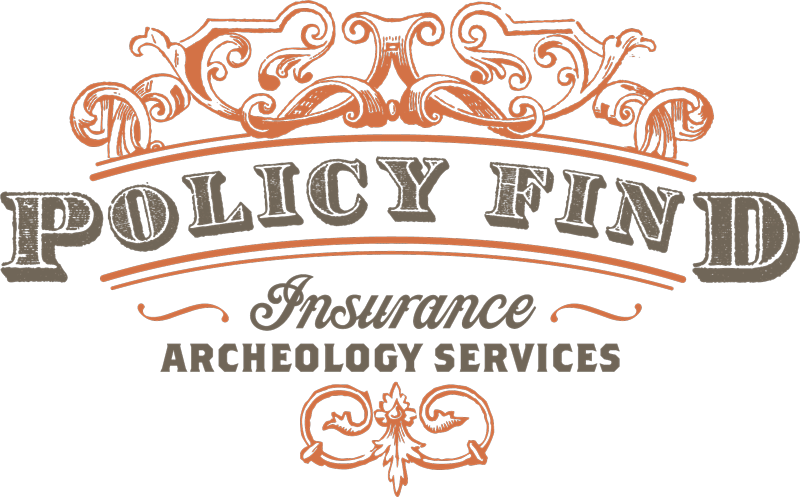The retroactive nature of long-tail claims makes occurrence-based CGL policies (commercial general liability insurance policies) very valuable to business owners, churches, school boards and landlords. These policies became available on the American market in the 1940’s. For an occurrence-based CGL policy to provide defense or indemnity, the property damage or bodily injury that triggers the policy must occur within the policy period. However, where the damage or injury does not become evident until years later (as often is the case with environmental damage, product liability or sexual misconduct scenarios), this insurance policy will still respond to a properly filed claim notice.
The commercial general liability policy insures business owners against claims made by parties damaged by the conduct of his employees, his products or his waste products provided that the damage occurs during the policy period and it is not the type of damage excluded under the language of the policy. Even where the employee’s sexual misconduct does not become evident some twenty years after the occurrence, this policy can still provide defense and indemnity. Even where the underground storage tank’s leak goes undiscovered for thirty years, as of the date the leak is discovered, the business owner can file a claim under his CGL policy issued the date the leak began. Even where the business owner’s product is not revealed as harmful for forty years, once its harmful effects surface, a claim can be filed under this policy issued when it was placed in the stream of commerce.
These are some very good reasons to treat your occurrence based commercial general liability policy like a valuable business asset. Yet often, business owners treat the CGL policy as if it had no value after its expiration date and they discard it with expired fire insurance policies to make room for new document storage. Should they try to obtain a copy of the policy at a later date they often find that the insurance broker issuing the policy has failed to keep a copy in his archives. Further, just knowing the identity of the underwriter does not provide the basis for an appropriately filed claim. Insurers receiving claim notices under commercial general liability policies without identifying policy numbers and policy periods typically reject the claim because they lack adequate information with which to locate the policy in their files.

Kristen Drake
President & Lead Insurance Archeologist
Kristen Drake is a solutions-driven client advocate with nearly 20 years of research and operational management experience. In her role as President and Lead Insurance Archeologist, Kristen works directly with policyholders facing long-tail environmental demands and mass tort lawsuits arising from asbestos exposure and latent sexual abuse and misconduct claims. Kristen has successfully documented liability insurance programs for hundreds of clients, including nationally-based youth organizations, religious and educational institutions, manufacturers, developers, and drycleaners.
kdrake@policyfind.com | 317.997.5796

James Pawlish
Associate Insurance Archeologist
James Pawlish works in lockstep with our policyholder clients to unearth lost or mislaid liability policies issued decades ago. Armed with a background in political science and history and a keen interest in advocacy, James works tirelessly to draw out evidence of coverage for clients facing asbestos-related claims, lawsuits alleging sexual misconduct, and demands for environmental remediation and clean-up.


Samantha De Elorrieta, AU, AINS, AIC
Insurance Archeologist
Samantha De Elorrieta is a staunch client advocate with a penchant for bringing long-buried information to light. Samantha has nearly a decade of experience in investigative research. In her work as a Commercial Underwriter for a specialized book of business, she received multiple designations from The Institutes, including an Associate in Commercial Underwriting and an Associate in General Insurance.

Paul Fassler
Senior Insurance Specialist
Learn More

Dru Carlisle
Account Executive & Insurance Archeologist
For over a decade, Dru has assisted hundreds of business and property owners facing regulatory action, as they navigate and manage environmental liability. Through her direct work with clients searching for lost or misplaced historic insurance policies, Dru has seen first-hand the value of Insurance Archeology, driving her to leave no stone unturned in her search for viable insurance policies.

Lezlee Liljenberg, CIC, CRIS, MLIS, PA, MA
Insurance Analyst
Lezlee Liljenberg is a Professional Financial Representative holding 6 & 63 Securities licenses, she also holds licenses as a Property & Casualty Agent in Texas and New Mexico, Public Adjuster, Life & Health Agent and Texas Real Estate Broker.
She is well-known in the insurance and real estate industries for her responsiveness, knowledge, and professionalism in handling situations in both industries. Her 36 years of contractual knowledge is extensive and is strengthened by her years as a Commodity Electricity trader during Deregulation in 2001.
